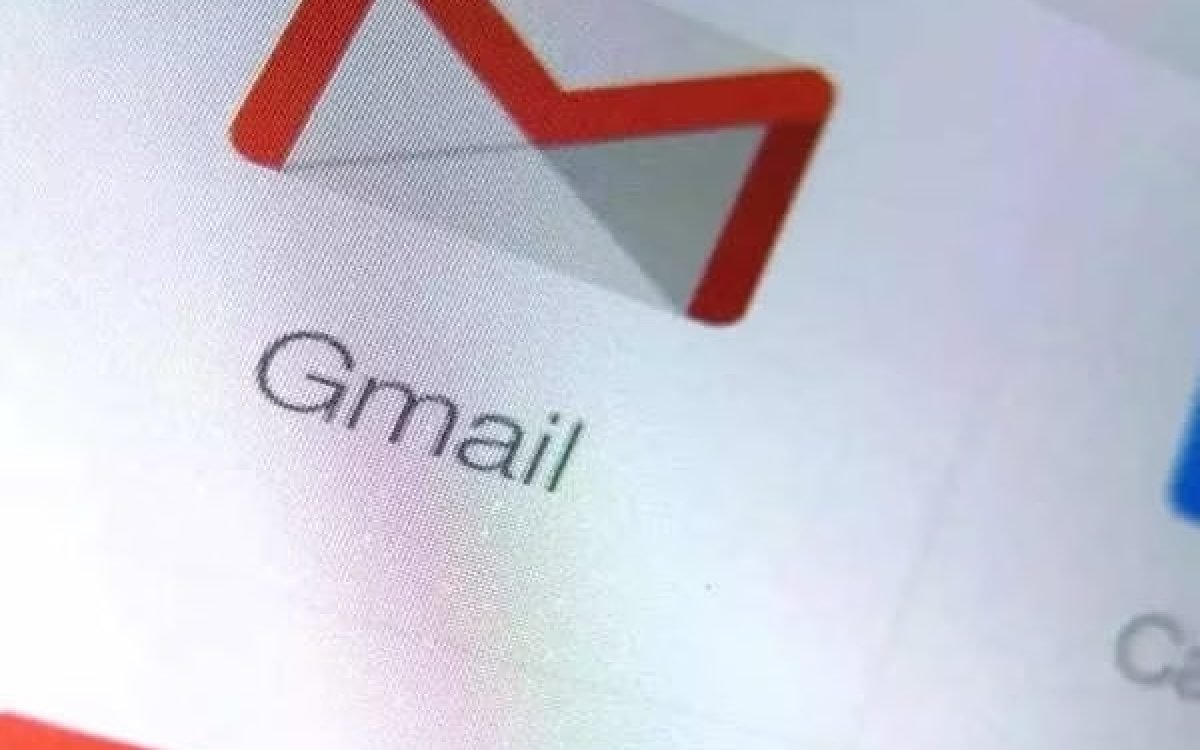Gmail has issued a critical warning to its 2.5 billion users after a sophisticated AI-driven scam was uncovered. Cybercriminals are using advanced phishing tactics to impersonate Google Support, tricking users into handing over their login credentials.
How the Gmail Scam Works
The scam starts with a seemingly legitimate call from “Google Support.” The fraudsters:
• Spoof caller IDs to appear authentic.
• Claim that your Gmail account has been compromised and that they are assisting in recovery.
• Send an email that looks like an official Google message, containing a recovery code.
Once the user follows the instructions, the hackers gain access to their account.
A Close Call: How the Scam Was Detected
Zach Latta, founder of Hack Club, nearly fell for the scam. He told Forbes:
“She sounded like a real engineer, the connection was super clear, and she had an American accent.”
However, he became suspicious and realized it was an elaborate phishing attempt.
Similarly, Garry Tan, founder of Y Combinator, warned users on X (formerly Twitter):
“They claim to be checking that you are alive and that they should disregard a death certificate filed that claims a family member is recovering your account.”
This shows the extreme lengths cybercriminals go to deceive users.
Why AI Makes This Scam More Dangerous
Cybersecurity experts, including Spencer Starkey of SonicWall, emphasize that criminals are constantly evolving their tactics. AI enables them to:
• Imitate voices and writing styles to sound authentic.
• Bypass traditional security measures using adaptive techniques.
• Automate large-scale phishing attacks to target more users.
How to Protect Yourself from AI-Based Scams
To avoid falling victim to this Gmail hack, follow these cybersecurity best practices:
1. Never trust unsolicited calls from “Google Support” or any company.
2. Verify the sender’s email address by checking for slight misspellings or strange domains.
3. Do not share verification codes with anyone, even if they claim to be from Google.
4. Enable two-factor authentication (2FA) to add an extra layer of security.
5. Report phishing attempts to Google via the “Report Phishing” feature in Gmail.
Final Thoughts: Stay Vigilant Against AI-Powered Scams
As AI-driven cybercrime becomes more sophisticated, staying informed and cautious is crucial. Gmail users should remain skeptical of unexpected account recovery requests and verify any suspicious communication before taking action.
Stay safe, stay aware, and protect your digital identity!









